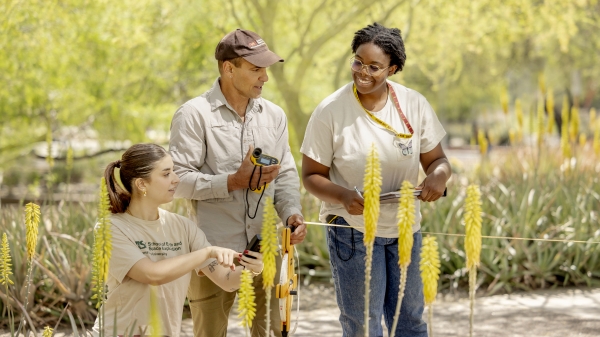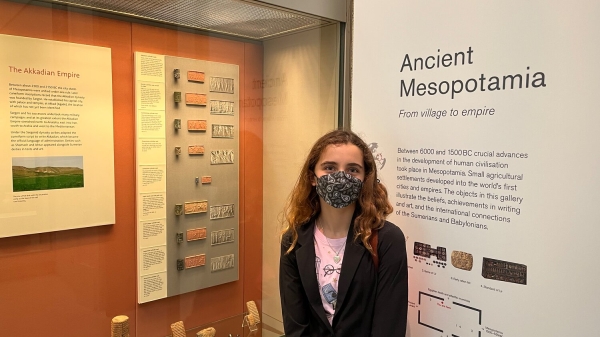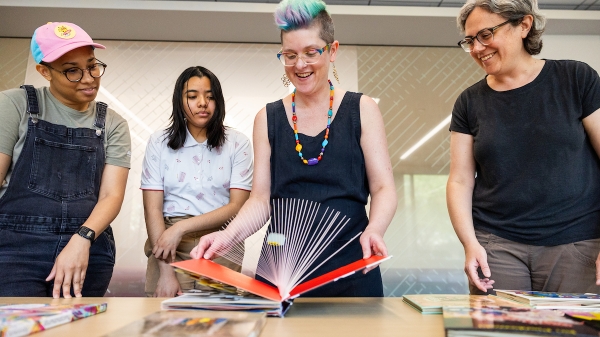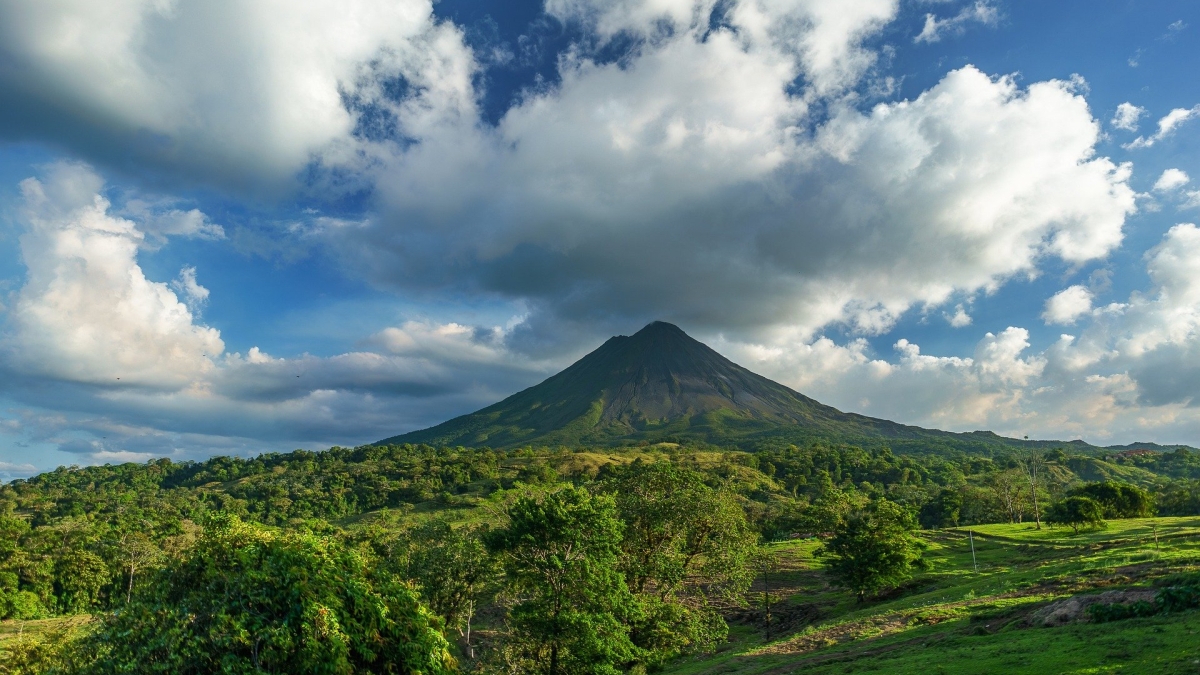Arizona State University has expanded its prestigious academic influence around the world, constantly adding new partnerships. One of the newest collaborations is in Costa Rica.
Universidad Latina de Costa Rica, a large university with 16,000 students, is among the first global universities to collaborate with ASU under a new “powered by ASU” model known as the Cintana Alliance.
The new collaboration will include dual-degree programs as well as research exchanges, according to Stefanie Lindquist, senior vice president of global academic initiatives at ASU.
Her unit is in charge of partnerships with organizations and foundations as well as university initiatives. Some of those include:
- The Peace Corps: ASU offers the Peace Corps Prep program, open to students of any major, to acquire knowledge, skills and experience needed to serve in the U.S. Peace Corps.
- The Mastercard Foundation: Besides the 10-year scholarship program, this collaboration involves faculty research development opportunities with universities in Ghana.
- The PLuS Alliance: This partnership between ASU, King’s College London and UNSW Sydney offers cross-institutional degrees and research collaborations.
- ASU International Development: This unit matches the expertise and knowledge of ASU’s faculty to challenges in developing countries, typically using grant funding from the federal government.
- Global Launch: This is ASU’s platform for teaching and learning English.
ASU has already developed extensive academic programs in other countries, including China, where the ASU Joint International Tourism College at Hainan University has more than 1,000 students enrolled, as well as India, Saudi Arabia and South Korea.
Stefanie Lindquist is the senior vice president of global academic initiatives at ASU.
“And we’re looking at universities in Egypt, Indonesia, Ecuador, Mexico, Ukraine, Kazakhstan and Uzbekistan,” Lindquist said.
The alliance is enabled by Cintana Education, conceived two years ago through a collaboration between ASU President Michael Crow and Doug Becker, the former CEO of Laureate Education. They wanted to help international universities scale up while maintaining academic quality so they could thrive in an increasingly competitive global market.
“Cintana was developed to harness the energy of the private sector while extending ASU’s institutional reach globally,” Lindquist said.
“The idea was to create this alliance that would have at least 12 universities globally, with ASU support through curriculum development and Cintana support through service agreements to enable the universities to be more efficiently managed and operated.”
Cintana is a public benefit corporation, which is a private corporation limited by certain covenants that require it to operate with an expectation of a positive impact to society. The partnership with Cintana provides ASU with a streamlined pathway, working with experts, to scale the expertise of ASU in keeping with the mission laid out in the charter.
“I would say Cintana is the most innovative global partnership the world has seen in terms of an alliance of universities powered by the most innovative university in the world in partnership with some of the most expert managers and leaders in higher education,” she said.
ASU’s partnership with ULatina, which is in the Laureate network, is just getting underway and is now “powered by ASU.”
“Cintana is helping to develop cutting-edge management practices to help ULatina operate at the highest level of capacity, and ASU will help support the development of academic programs, and in some cases, rely on ASU curriculum to make articulated degree programs,” Lindquist said.
“We’ve started the process of articulating to create joint dual-degree programs, mostly in engineering and business but as many as we can put together.”
Students will attend ULatina for three years and then come to ASU for their fourth year, as international students. They’ll earn both an ASU and a ULatina degree.
“It’s win-win because they are building their curriculum and we are bringing students to ASU,” she said.
The partnership will include curriculum advancement and also research collaboration.
“We have some promising industry partners in Costa Rica, especially around 5G communication technology and biomedical technology,” she said.
“We also hope to build some summer programs at ASU for ULatina students, such as boot camps in which students will come to ASU to learn more and get introduced to some of our degree programs, and opportunities in master's-level education.”
ASU’s reach is continuously expanding. Lindquist is about to leave on a trip to Ukraine, Kazakhstan and Uzbekistan. On the way back, she’ll connect through Turkey, where she will bring home a rescue dog she found during a previous visit to Istanbul Bilgi University’s campus. She’s arranged long-distance for veterinary care for the dog, which she named “Sunny,” for Sun Devils.
“It’s just a great story about caring with our new partners at Bilgi University,” she said.
Top image courtesy of Pixabay
More Arts, humanities and education

The College set to launch 15 new degree programs
The College of Liberal Arts and Sciences at Arizona State University is launching 15 new academic programs in fall 2024. Nine of those programs will include online formats, expanding learning…

Mother–daughter duo travel abroad while advancing education through online offerings from ASU
Getting an education while seeing the world with your loved ones? Sounds like a dream come true.For 12-year-old Aanya Sosa and her mother, Beth, it’s a reality, thanks to online educational offerings…

ASU Library collection is deceptively simple fun
Editor’s note: This is part of a monthly series spotlighting special collections from ASU Library’s archives throughout 2024.Arizona State University’s Eugene D. Valentine Collection is a whimsical…

